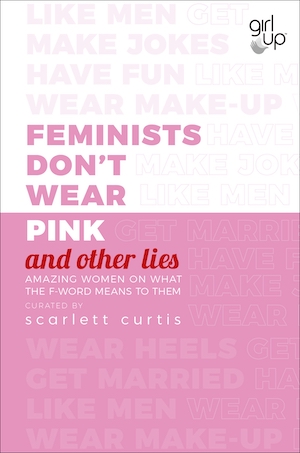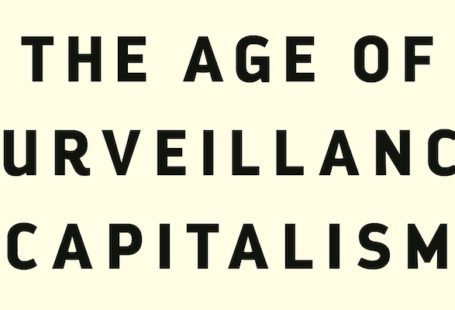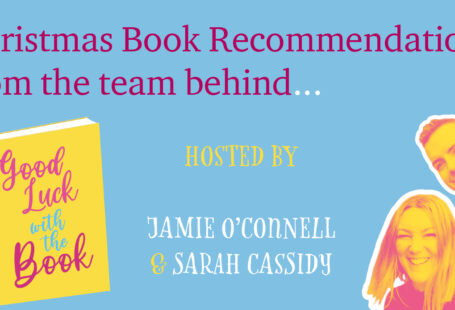It’s really daunting to educate yourself on a subject. It’s very difficult to know where to start, because you don’t know what you don’t know, so you don’t know what you should know.
This is how I felt when I decided to read more feminist writing. I rarely read non-fiction, and when I do, they’re normally memoirs or biographies: books that still carry a story. I hadn’t read factual books or academic writing since my school days, and this time I was facilitating my own education.
The Oxford Dictionary defines ‘feminism’ as:
“The advocacy of women’s rights on the ground of equality of the sexes.”
Feminism means you believe in gender equality. If you’re not a feminist, it means:
(a) you’ve been unfairly misinformed on what feminism means,
or
(b) you’re just sexist (congratulations).
‘Feminist’ is a word that’s been dragged through the dirt but, despite the problematic stereotypes associated with feminists, I whole-heartedly identify as one. Feminism has been dragged through the dirt because of the miseducation and misinformation about what it means. Stereotypical feminists are seen as ‘man hating lesbians with body hair’. Stereotypical feminists are dismissed as ugly women who are bitter because our patriarchal society doesn’t benefit them. A patriarchal society benefits no woman, and no one is supported in a society founded on misogyny.
These common misconceptions about feminism motivated me to educate myself. I – like everyone else – have grown up in a patriarchal society with misogynistic values, and naturally have a lot of unlearning to do.
The following books use accessible language, and I found them very helpful in the beginning of my journey through feminist writing.
We Should All Be Feminists, by Chimamanda Ngozi Adichie
This book is only 48 pages, yet clearly and concisely clarifies what feminism means, and exemplifies how the lack of feminism impacts everyone regardless of gender. Adichie gives examples of the hidden sexual politics in modern society in relatable instances of the different treatment people receive based on their gender. Adichie’s assertive tone perfectly and effectively captures the outrage, the urgency, and the necessity for feminism in the 21st century, whilst being clear that the definition of feminism is rooted in inclusion and awareness.
If you want to introduce someone to feminism and its importance, give them this book.
Feminists Don’t Wear Pink (and Other Lies), curated by Scarlett Curtis
A collection of personal essays, poems, speeches, short stories, and significant moments in feminist history, these articles perfectly illustrate how we’re all trying to find our feet as feminists. Each woman writes about how they came to find feminism, what being a feminist means to them, and where they are on their own journey. No one is an expert, everyone is trying their best to find their place in the world. Very real, human, sensitive, and most of all, supportive and encouraging. It also includes very helpful recommendations for further feminist reading.
If you want to read more about feminism, this book is an excellent start.








Recent Comments